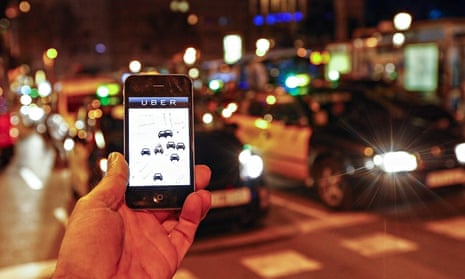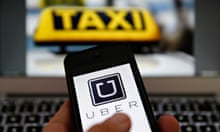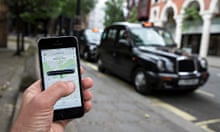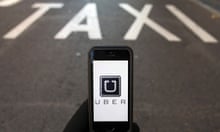Uber has agreed to stop operating in Portland for three months just days after the city sued the ride-sharing service for failing to comply with local laws.
It had been operating in areas around Portland, but only began offering rides in the Oregon city on Friday last week despite lacking an agreement with authorities over how it should be regulated.
A spokeswoman for the company said that Portland had agreed to let Uber resume operations after three months regardless of whether new regulations had been implemented.
“Uber has received a tremendously warm welcome from riders and drivers in and around Portland … their support illustrates why it’s time to modernise Portland transportation regulation,” said a spokeswoman on Monday, when the legal action was announced.
Uber has attracted controversy for its aggressive approach to local governments and traditional taxi services.
It is facing legal challenges in several European countries because authorities say it lacked the appropriate licences.
On Monday, the service was banned from operating in New Delhi and several other Indian cities after a female passenger accused one of its drivers of rape.
On Wednesday, an Uber driver in Boston was charged with the kidnapping and rape of a female passenger earlier this month. The driver, Alejandro Done, who has pleaded not guilty, had passed a background check, an Uber spokeswoman said.
It also faced more negative publicity this week after introducing surge pricing in central Sydney in the wake of the lockdown prompted by Monday’s cafe siege.
Hundreds of taxi drivers blocked roads around Paris on Monday to protest against Uber, preventing access to key roads around Charles de Gaulle airport on Monday before crawling towards the centre of the French capital.
The online service was valued at more than $40bn last week after its latest funding round ahead of an expected initial public offering next year.
US senator Al Franken also said this week that Uber had failed to respond adequately to questions he submitted last month about its privacy policies.
The chair of the Senate subcommittee on privacy, technology and the law wrote to the company last month setting out ten questions after a spate of incidents that he said indicated a “troubling disregard for customers’ privacy”.
“They did not answer many of the questions I posed directly to them,” Franken said. “Most importantly, it still remains unclear how Uber defines legitimate business purposes for accessing, retaining, and sharing customer data. I will continue pressing for answers to these questions.”







Comments (…)
Sign in or create your Guardian account to join the discussion